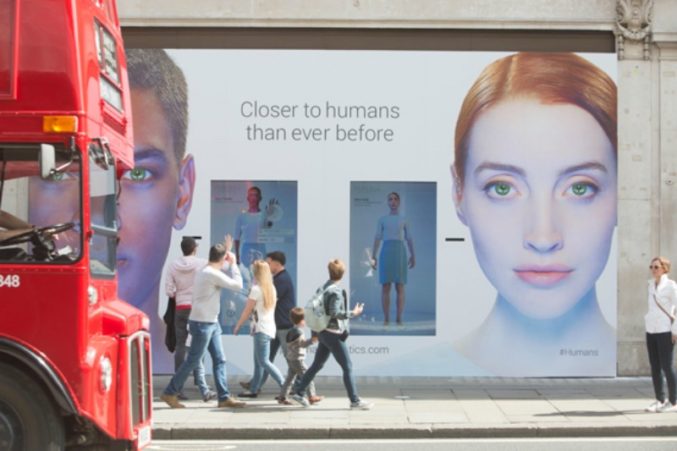Two experts, Janet Bettle, a barrister at Trinity Chambers in England, and Jonathan Herring, a law professor at Oxford University, have co-written a piece on the legal possibility of marrying – wait for it – a human-like robot. You can access it here.
The piece is not intended as a plea for law reform. Rather, it is an investigation into the coherency and rationality of existing laws that regulate marriage. To this end they consider what philosophical objections, if any, can exist to a human marrying a human-like robot (the robots they have in mind are from the future – they are intelligent, sophisticated, and are capable of being the objects of sexual attraction). Now that most Western countries have decided marriage is not a conjugal union, this possibility, as far-fetched as it may seem, has become an interesting topic of investigation.
Their conclusions? The authors argue that the only real barrier to the prospect of robot marriage is divorce. To explain: one of the main points of divorce is to divide up assets upon the ending of the marriage. But if property adjustment is central to divorce, and if robots can marry, it follows that robots have property rights. And if this is the case then surely robots should be paid for all the work they do?! So the authors’ main argument against robot marriage is economic.
This is the only core legal barrier they can think of to human-robot marriage because (as their piece reveals) they view marriage as nothing more than a consensual, genderless, emotional relationship. The emotional content of marriage they label “love” is presented in their paper as a nuero-chemical epiphenomenon. The motivating force behind getting married, the authors argue, is individual self-advancement.
(The authors express strong support for gay marriage in their piece. They certainly believe that their vision of marriage is perfectly compatible with the legal recognition of marriage between persons of the same sex.)
But maybe these experts are ultimately correct in their assessment of marriage? Well, they never once properly consider an alternative vision of marriage, let alone successfully argue against it. Commenting on the piece, a friend of mine articulates what is missing from it,
“The article speaks loudest by what it omits: the interests of children and the benefits of being reared by one’s own mother and father, intergenerational justice, self-forgetting love, permanent commitment, marriage as a social and public good, the creation of kith and kin, the personalist ordering of sexuality, the meaning and purpose of sexual/physical union. Total silence.”
There’s beauty and truth in that alternative view of marriage. It says “yes” to so much that is humane and good, and provides far stronger and more reasonable grounds for rejecting robot marriage into the bargain.
(The picture above is from the Channel 4 series, ‘Humans’).

















